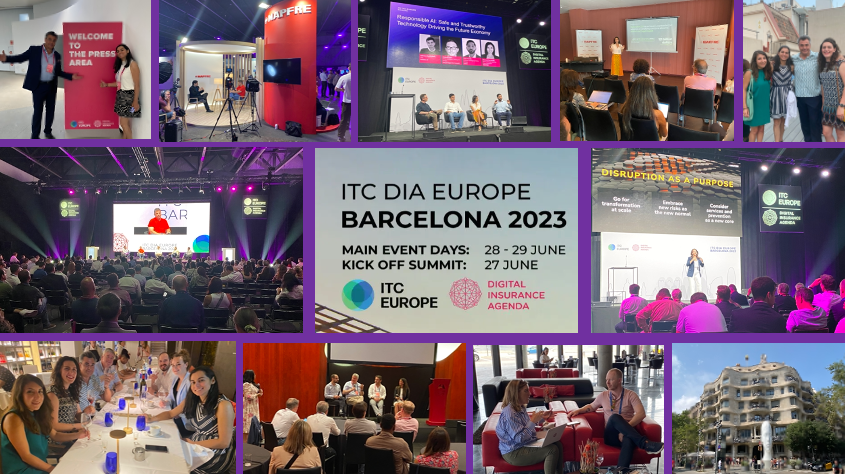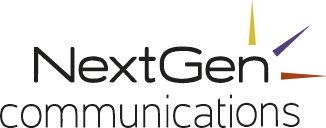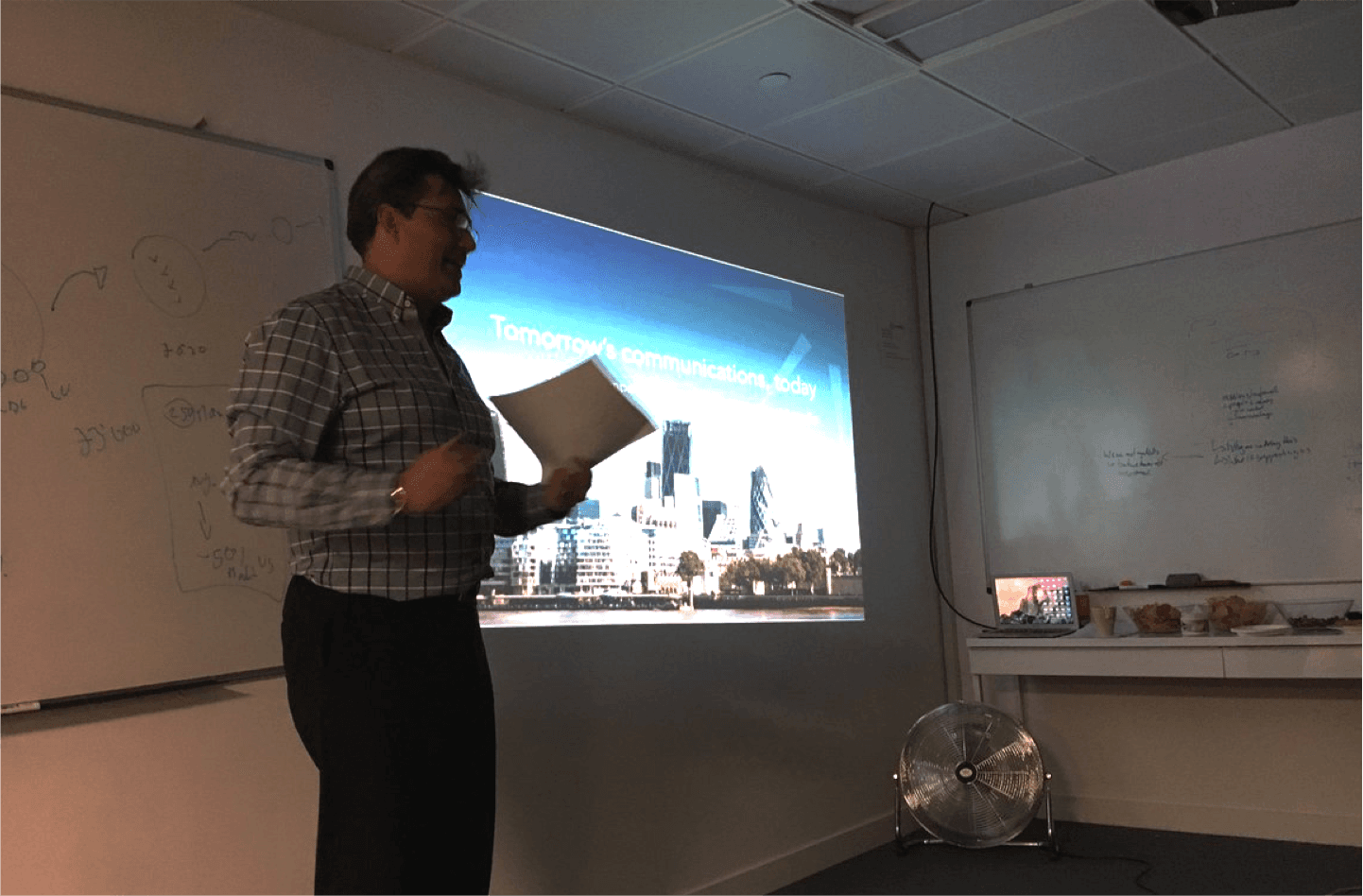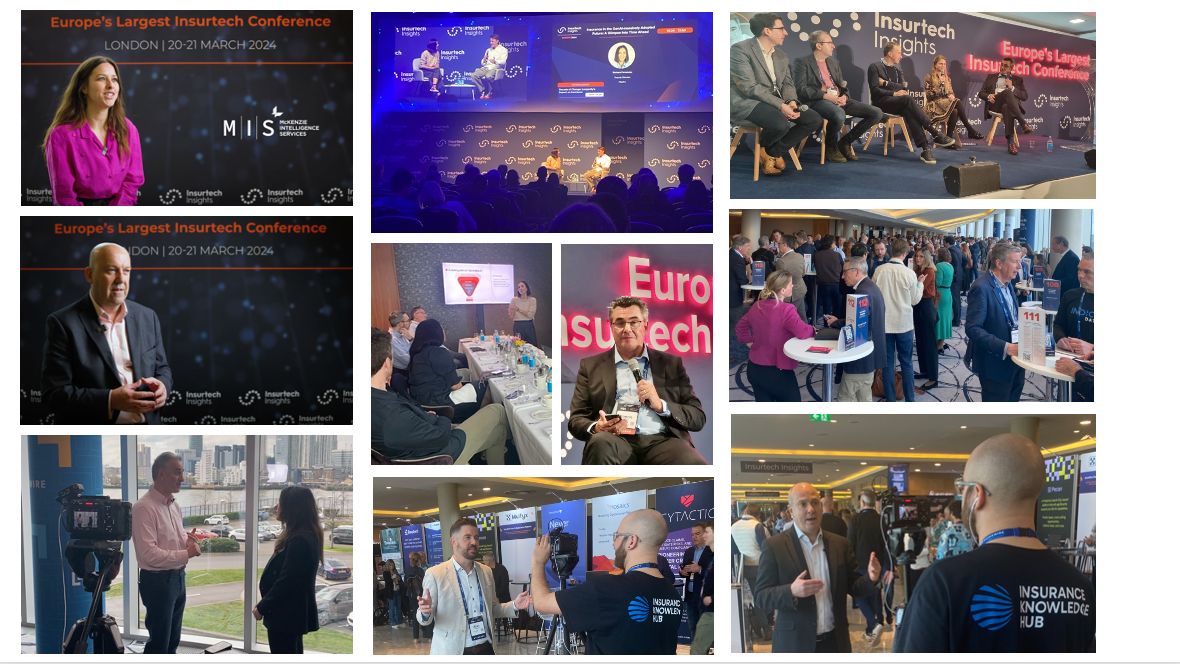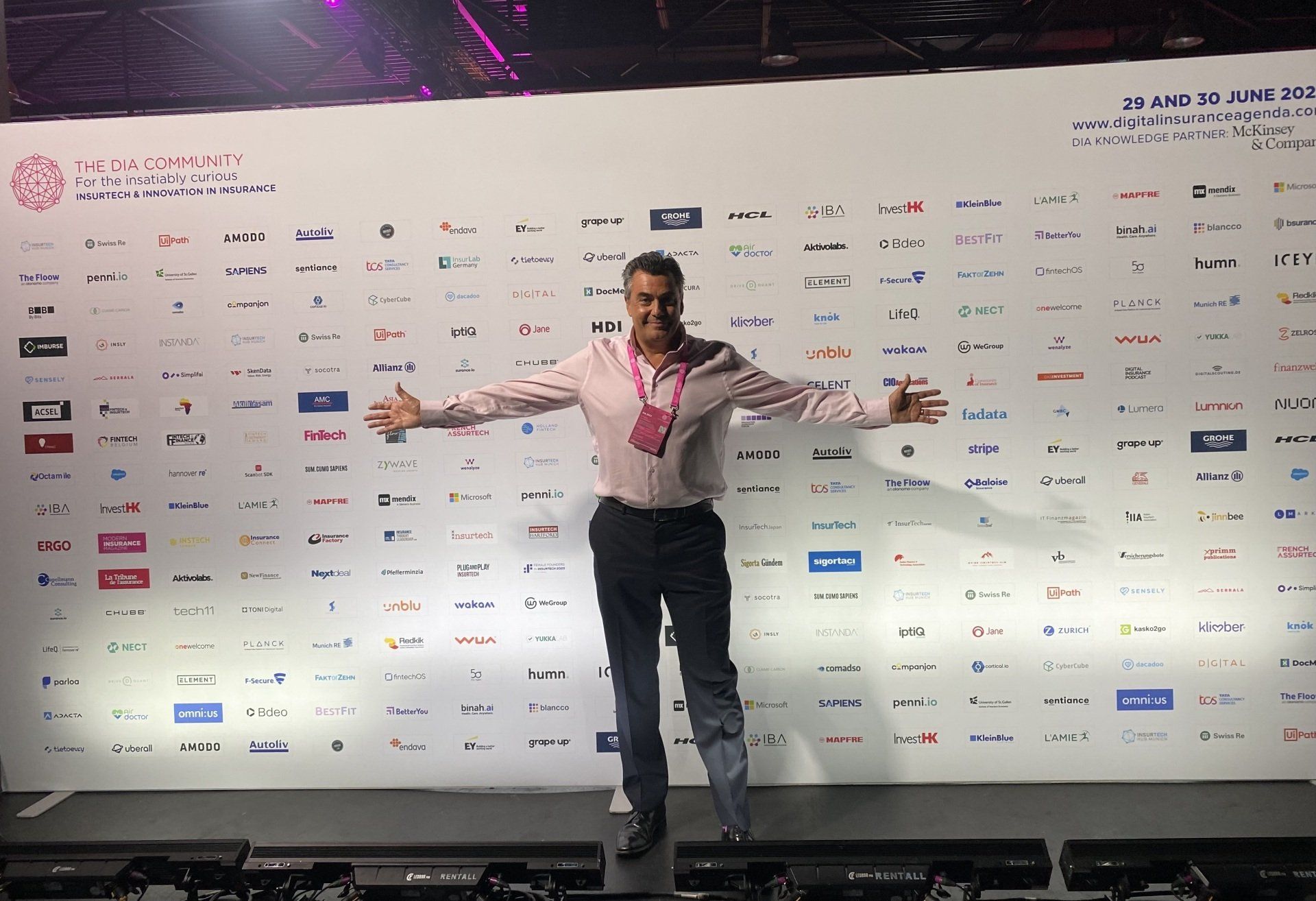Q&A with Insurtech 2017 on PR and integrated communications
The world of PR and the press can seem, for many, overwhelming, inaccessible and more of a potential threat, likely to feature the negative, than a channel that brings opportunities to support the success of your business.
And yet, handled in the right way the press can be one of your greatest allies, regardless of whether you are a start-up or a large, multinational insurer or broker.
Why? Because if you reach out and engage with press and nurture relationships with the key journalists they offer you a wonderful opportunity to tell your story, communicate your messages and raise your business profile.
At my recent ‘fireside chat’ and presentation to Startup Bootcamp’s Insuretech 2017 cohort it quickly became clear just how much interest there is in this important subject with some revealing questions asked.
Here is a cross section of the Q&A from the event, which I hope you will find of interest.
1. I would be interested in how we as start ups with limited budgets could get started with PR?
The good news about PR and featuring in the press is that, unlike advertising, it is free, if handled in the right way.
The first step, which may seem obvious, is to get the attention of the journalists by having something to say, with an interesting angle on an industry issue or hot topic. More of that in my next article.
The good news is that Insurtech is a hot topic right now with the insurance trade press, so that’s a great start. Look out for the kind of stories journalists are covering, including those that feature your competitors. That will give you a useful steer and starting point.
2. And if you would have any advice for us regarding communication strategy for B2C and B2B (most of us have B2B business models)
The basic principles are the same, however with B2B communications you are usually dealing with the trade press, who are generally more accessible. If you get it right they will be more interested in your story, as it is their area of focus.
When dealing with B2C communications you may need to engage with a professional PR agency who have relationships with the nationals / TV. However, this can come at a price!
Therefore, if you cannot afford big PR agency fees, I would tend to follow a more targeted marketing approach, or piggy-back on the relationships that your bigger more established partners may have with the press.
You can also use some media and digital marketing to get the message out there, with some focused planning and effort and an integrated content marketing strategy.
3. What should we be expecting from PR? What should our goals be? 'Reach' is a common term, but is there anything more concrete?
I am sure as start-ups, or even if you are an established business, you will be watching your budgets carefully.
As a starting point reach is a good goal for PR, as the press bring a very cost-effective and efficient way of raising your profile with your target audiences. When you look at the viewing numbers they will be way higher than with social media communications.
Digging into more detail, you may need to use research to establish not only the reach, but also impact with your audiences of your PR efforts.
An easier, more cost-effective approach is to monitor things such as the hits on your website, new business enquiries or an increase in sales, and then see how they tie into your campaign.
4. What are the pitfalls you see people/companies falling into when they first decide they need "PR"?
Firstly, not integrating your PR and communications with your overall business objectives and marketing efforts.
Then, I would say, not having clear objectives for your communications or a defined longer-term plan of action that is integrates all your communications.
Before starting on any campaign you need to set targets for Outputs, Outcomes and Results and then review these at regular intervals, I would recommend monthly or quarterly v your objectives.
5. Is social media that relevant in Insurance? If so, which channels/apps? Is it LinkedIn, Twitter or Facebook?
I would recommend you starting on LinkedIn. It's a great, free publishing platform to self-publish direct to your target audiences, who are all on it.
Twitter is ok, but you need resources and focus to use it, as the odd random Tweet will get you nowhere fast. It can add value to your communications when you are at events or if you wish to join the conversation around a hot topic with hashtags etc.
Facebook and Instagram are great ways to put the personal nature of your company across, including to potential new talent, clients or investors, particularly if you are working in the B2C space. They are less formal and more visual than LinkedIn.
Whatever platforms you end up using, remember to have an integrated approach to your all your marketing and communications, including with your content and channels.
What next?
Next time, I will look in more detail at what the press looks for when considering covering a story or not. Watch this space or contact me to find out more about the opportunities there are and the best ways to work with the press.
News & Views


